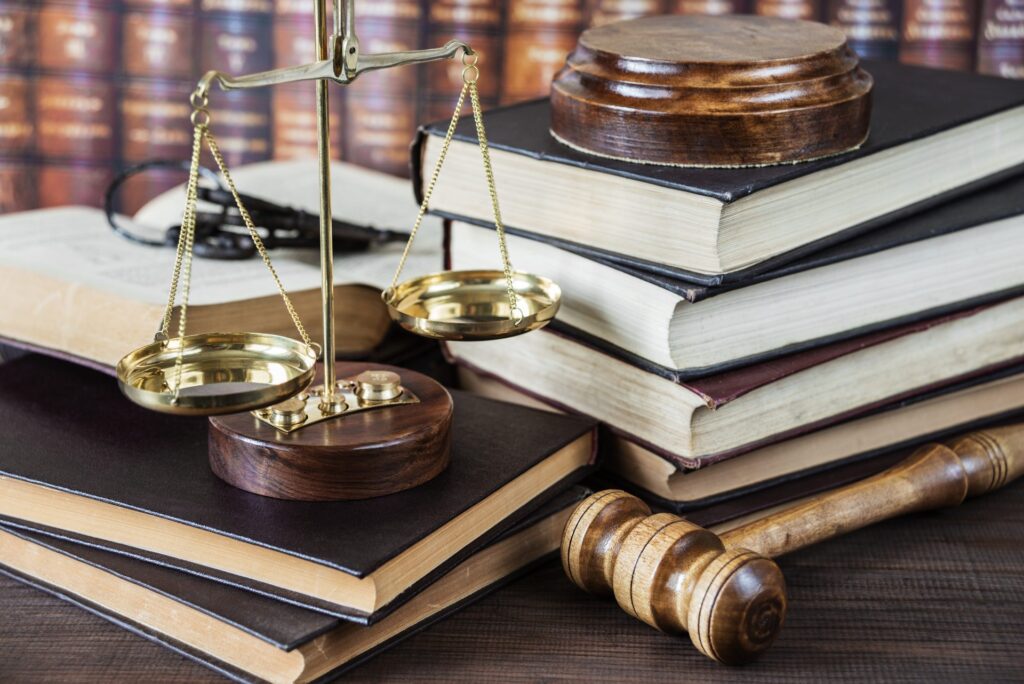Many people are fortunate enough to only understand the criminal justice system through TV shows and the news. Because they’ve never been through the rigors of a criminal charge and trial, they’re not familiar with how the process works, and what order everything happens in. If you were previously one of these fortunate people, but now find yourself about to head into the world of the criminal justice system, here’s how arrests usually evolve into charges and criminal trials.
Arrest
While other aspects of the criminal justice system vary slightly from court to court, every journey into the criminal justice system begins with an arrest. This is often the most stressful, confusing, and embarrassing aspect of the whole process because you have so little control over the situation, and because it happens so quickly. One minute you’ll be minding your own business. The next you’ll find yourself in handcuffs, in the back of a police car on the way to the station. There, you’ll provide the police with your basic personal information, like your name and address. If you’re suspected of committing a serious crime, you will be kept in a holding cell. If you’re suspected of a lesser offense, a bail commissioner will set pre-conviction bail, or decide to let you out for your next appearance in court.
Initial Appearance
If you’re being charged with a felony, your next step is an initial appearance. This will likely happen within a few days of your arrest, if bail wasn’t set by the bail commissioner or if you were unable to post bail. At your initial appearance, you’ll be notified of the charges being pursued against you. Within a few months following the initial appearance, the prosecutor will present your case for indictment. If a grand jury indicts you, your case will proceed to arraignment.
Arraignment
If you were arrested and charged with a misdemeanor, or if a grand jury has indicted you for a felony, the next step will be your arraignment. There, you’ll be told of the charges against you, and you’ll get asked if you have an attorney to represent you. If you don’t, one will be provided for you if there is jail time on the table. You’ll then be asked if you are pleading guilty or not guilty. Pleading guilty ends the process, and you skip to the sentencing procedure.
Dispositional Conference
If you plead not guilty, your next step will be a dispositional conference. There, your attorney, the prosecutor, and a judge will try to resolve the case in as just a way as possible. If no resolution is possible, then your case will be set for trial.
Pre-Trial Hearings
As the trial nears, your defense attorney will likely file motions to prepare for your defense. All the way up to the trial date, you can commit to a plea deal and end the process. If no plea is made before trial, then the trial will resolve the charges against you, and end the process.
Attorney William T. Bly
Attorney William T. Bly is a criminal defense attorney based in southern Maine. His experience with each stage of the criminal process, along with his tenacity both in and out of court, make him one of the best defense attorneys in the area. Contact him online or call his law office at (207) 571-8146.


